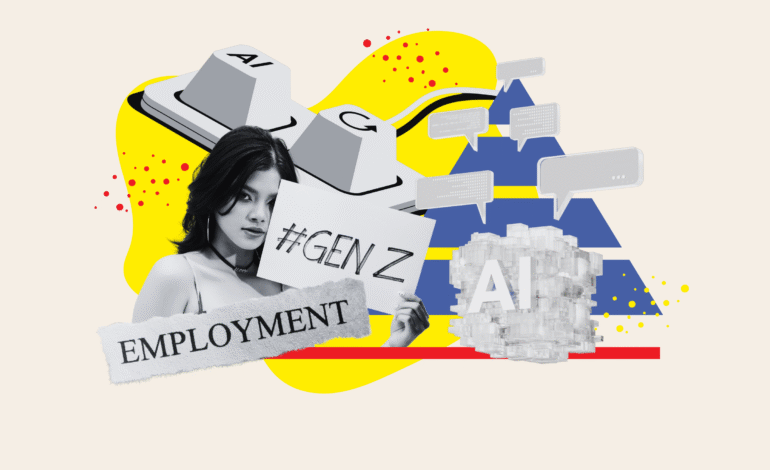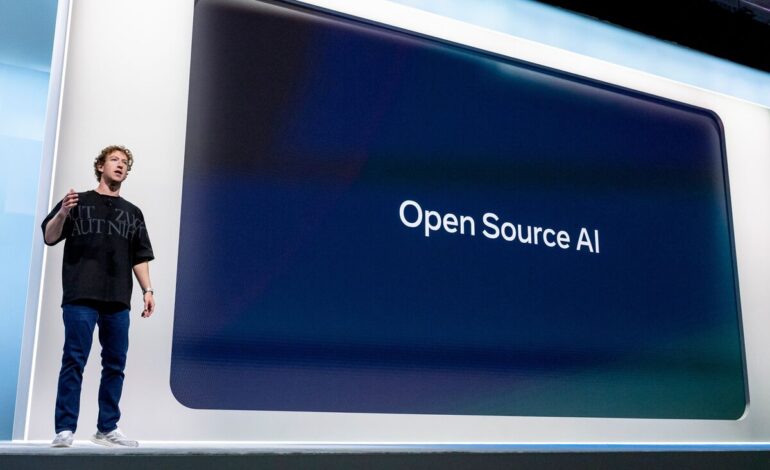
Gen Z Facing Job Market Challenges: AI Reduces Entry-Level Roles
As artificial intelligence transforms industries, Gen Z faces dwindling entry-level job opportunities. This article delves into how AI reshapes the job market, creating challenges for recent graduates stepping into their careers.
The Decline of Entry-Level Opportunities
Entry-level positions, traditionally reserved for fresh graduates, are increasingly scarce. Many companies leverage AI technologies to automate routine tasks, significantly reducing the need for human workers in positions often filled by newer employees. This transformation affects Gen Z, who are entering the workforce at a time when technological advancements are reshaping job landscapes. Employers now prioritize advanced skills, leaving many entry-level hopefuls at a disadvantage.
AI’s Impact on Various Industries
Artificial intelligence continues to revolutionize sectors, from manufacturing to services. In manufacturing, AI-driven machinery and robotics handle tasks once performed by people, while in services, customer service roles transition to automated systems like chatbots. Industries now prioritize efficiency and cost-cutting, often at the expense of jobs suited for new entrants into the labor market. Gen Z must navigate this changing environment by acquiring skills that complement AI, rather than compete against it.
Adapting to a Changing Workforce
To succeed in an AI-driven market, Gen Z must adapt by honing skills that are in demand, such as data analysis, digital marketing, and AI management. Educational institutions and training programs play a crucial role in preparing young adults with these relevant skills. Additionally, fostering creativity and critical thinking abilities can give Gen Z an edge, offering unique value that machines cannot replicate. This adaptation not only improves their employability but also ensures their thriving in a technology-focused workplace.
Conclusion
As AI reshapes the job market, Gen Z faces significant employment challenges. By focusing on skills that complement technology, young graduates can enhance their job prospects. Institutions must support this evolution by offering relevant education and training, equipping Gen Z with competitive advantages in a transforming economic landscape.





